Discover the French Curriculum at Sussex private primary school Sompting Abbotts
“One language sets you in a corridor for life. Two languages open every door along the way”
Aims
At Sompting Abbotts Preparatory School, French is taught throughout the school from Year 1 to Year 8. We support the view that learning a modern foreign language such as French is an entitlement for all pupils from Key Stage 2. We're committed to the principle that learning another language is appropriate for all children, whatever their ability or learning requirements.
We develop our curriculum so teaching a foreign language is a normal part of it. The evidence is clear that the earlier a child is exposed to a foreign language, the faster that language is acquired. The advantage of introducing a new language at primary level is that children are less self-conscious about speaking it aloud at this stage of their educational career.
The French department aims to foster a love of language and an enthusiasm for other cultures, while laying a firm foundation for future study. As pupils progress through the school, our aims are that they:
Become increasingly familiar with the sounds, written form and grammar of the language by taking part in a broad range of linguistic activities
Use their knowledge with growing confidence and competence to understand the spoken and written language and to express themselves in speech and in writing
Develop language skills and language learning skills, including applying their knowledge of grammar and structures, and encourage independent learning, including the use of dictionaries, glossaries and ICT
Increase their cultural awareness and foster positive attitudes toward the use of foreign languages and towards speakers of foreign languages
Years 4-7 are regularly encouraged to self-assess their oral work and in Year 8 pupils are given the mark scheme to enable them to assess their CE or Scholarship written work.
“Le langage est source de malentendus. (Words are the source of misunderstandings)”
Approach
The department believes that communication in a foreign language is an active process, and we encourage every child to participate in class.
In the early years, the children are encouraged to have fun with the language through a range of activities including singing, role play and games. The aim of the lessons is to develop an awareness of the sounds of the language whilst learning basic vocabulary.
The curriculum gradually progresses to place equal emphasis on listening, speaking, reading and writing tasks. However, there are always a wide variety of communicative activities, planned in way that allows pupils to enjoy using language as much as possible, so that they grow in confidence. We conduct the lessons as far as possible in the target language with pupils being encouraged to speak French when asking or responding to questions in the classroom. We incorporate and then go well beyond the National Curriculum, as we follow the ISEB Common Entrance and Scholarship Syllabus.
Pupils purchase a variety of workbooks: Skoldo Elementary (Year 3), Skoldo 1 (Year 4) and Skoldo 2 (Year 4-5). We also use So You Really Want to Learn Prep French (published by Galore Park) Books 1,2 and 3 in Years 5 to 8.
Opportunities are taken to learn about French culture, as well as current and historical events in France. The interactive whiteboard, Chromebooks and the computer suite are used regularly. Pupils have access to various websites, both at school and at home, including Quizlet tasks set by the subject specialist teacher. Our pupils also take part in language competitions, and there's a residential trip to France for Years 6, 7 and 8 so that the pupils can participate in real events involving genuine interaction.
To encourage active participation throughout the school in the learning of French and to make it culturally relevant, the French Department complements the whole-school star system with a system of bons points for exceptional effort. The chart consists of mini Eiffel Towers to be coloured in, with a special personalised certificate, or Tableau d’Honneur awarded for every 10 bons points.
Liaison with parents is maintained throughout the year. Parents are made aware of the Google Apps facility and are encouraged and supported to assist their children in accessing the online environment and accessing homework and resources.
“The limits of my language mean the limits of my world. ”
What will my child study?
Year 5
Completing Skoldo 2 Textbook; knowing how to tell the time; asking and replying to the question “at what time does a lesson begin”; knowing how to say and write the time of morning routines on a school day; using reflexive verbs; learning simple French weather vocabulary; recapping days of the week, weather and sport; to be able to say the months in each of the four seasons together with associated vocabulary; to be able to ask and reply to questions about colour of objects; to be able to say whether someone is hot, cold, hungry or thirsty.
Understanding the difference between tu and vous; use different greetings according to time of day; using numbers up to 100; learning about a town in France (La Rochelle); naming all classroom items; using prepositions (in front of, behind); learning the possessive form (Paul’s book- le livre de Paul); conjugating the verbs avoir and être; describing their house with all rooms; to be able to say what they like and don’t like to do.
Year 6
This year we teach pupils to be able to describe their daily routine and give the time at which they do certain things; to recognise and use 'home chores' vocabulary; to say whether or not they do an activity or sport; to say where they go and how they get there; to understand complex telephone numbers and dates; to ask simple questions about cost; to say what they can, or want, to do, linked with activities; to identify a character from a description; to describe themselves and a third person; to say what they or somebody else wear.
To be able to talk extensively about their family and pets; to describe each member of their family including profession of relatives; to ask and understand questions in three different ways; using the near future to talk about what they want to do in the future; to talk about meeting up in town with friends; to say in detail why they like to do things.
Year 7
Completing modules on So You Really Want to Learn French Prep Book 1; revising reflexive verbs, écrire, se retrouver, au, aux, à la, the near future; reviewing places in towns and use of expressions with avoir; French culture: les chateaux de la Loire; -ir and -re verbs; French culture: French food.
Revising weather and seasons; grammar - verbs louer, boire, oublier, partir, passer, prendre, rester, s’amuser, commencer à plus infinitive, venir; Culture: Learning about Paris; idioms using avoir, holidays vocabulary; grammar- verbs briller, faire de la planche à voile, faire du camping, montrer, nager; talking about past events using the perfect tense (passé composé); French culture: winter ski holidays.
Year 8
We work on So You Really Want to Learn French Prep Book 2 and on topics for Scholarship or Common Entrance examination. Finalising presentations on Moi, My House, My School, My Holidays.
Talking in past and present tense about holidays; writing exam-type questions about holiday and home; to be able to compare objects and people; use Google Maps to find their way around a town from French instructions; writing instructions in French to go from one place to another; practice Speaking exam type questions.
Reviewing passé composé and imparfait tenses; French culture: les festivals en été.
Plus, revision of the following:
Life and work at school
Time, dates, numbers and prices
Personal description
Family, friends and pets
Meeting people
Free-time activities
Describing holiday activities
Visiting a café or restaurant
Simple health problems
Description of a town or region
Finding the way and using transport
Understanding tourist information
Shopping (e.g. for food, clothes, presents) and pocket money
Weather
Meet Madame Sachet, native French teacher at Sompting Abbotts Prep School (click on link)
Learning a language from an early age can boost overall academic achievement. Children begin learning French from age 2. By Year 8, many are working at GCSE-level French.

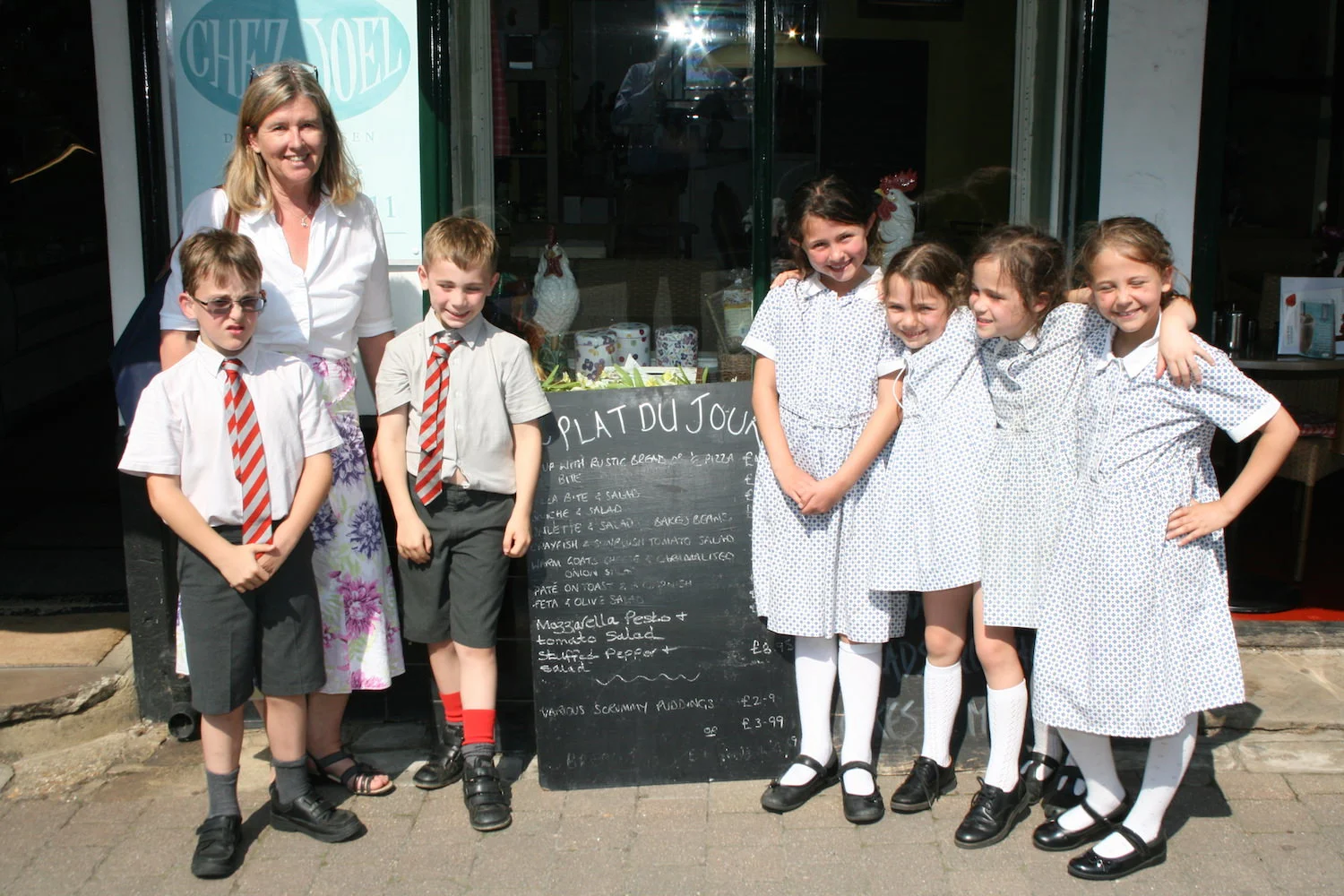




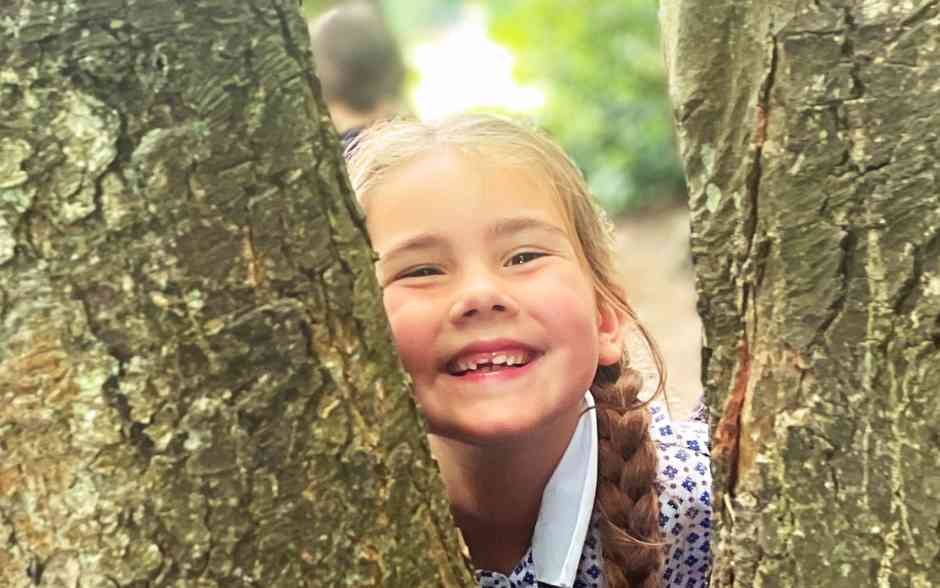



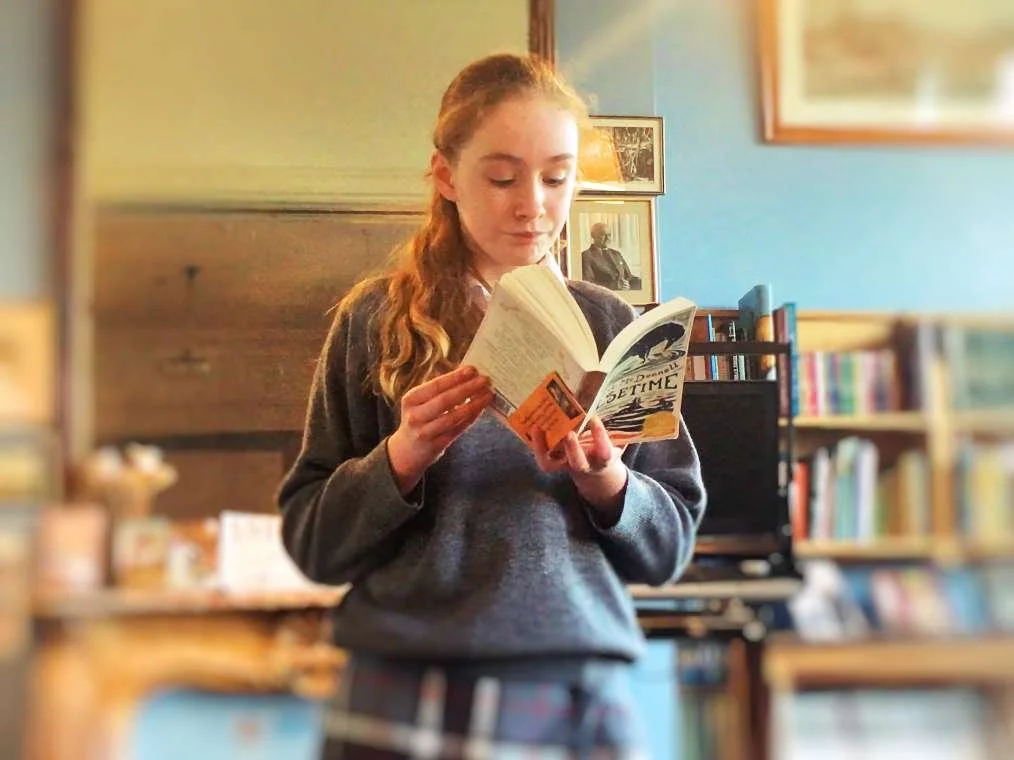














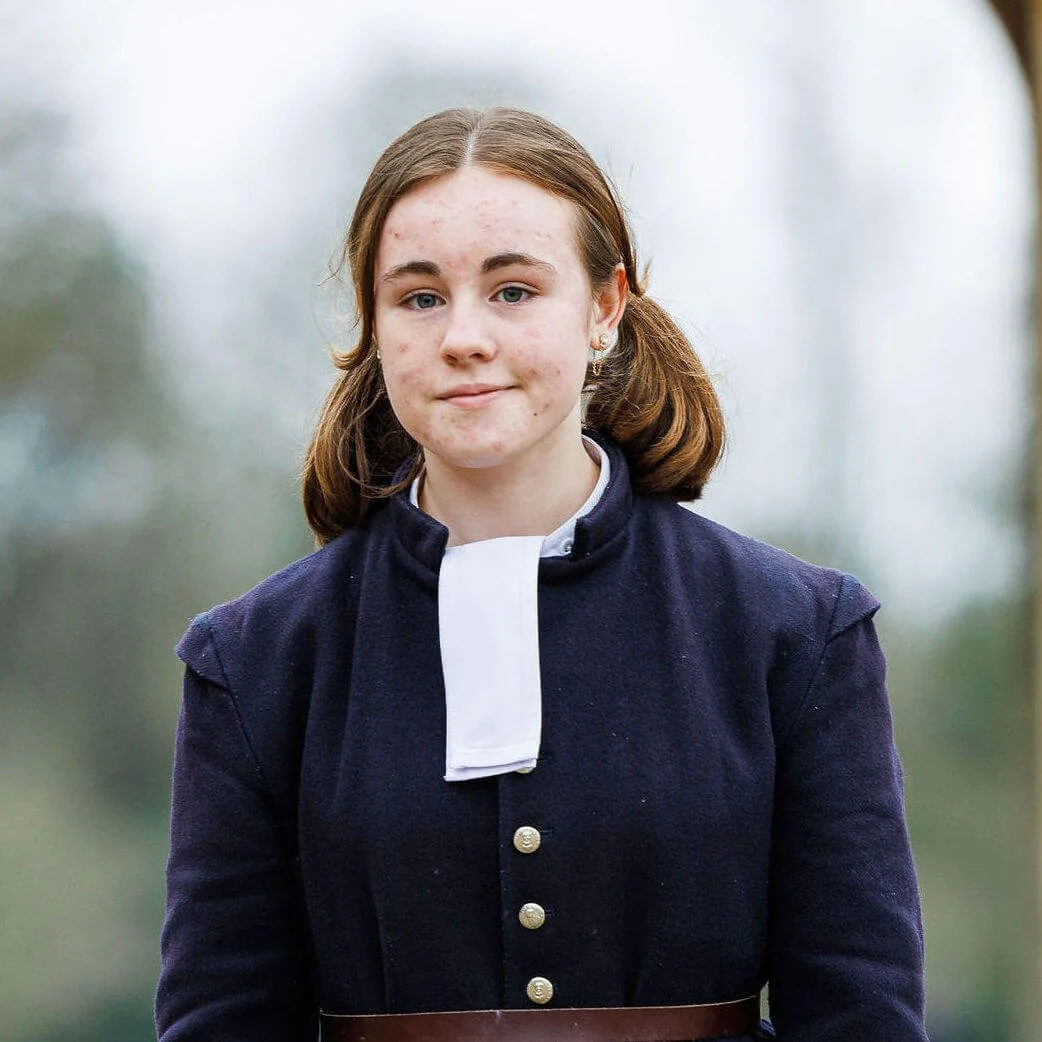
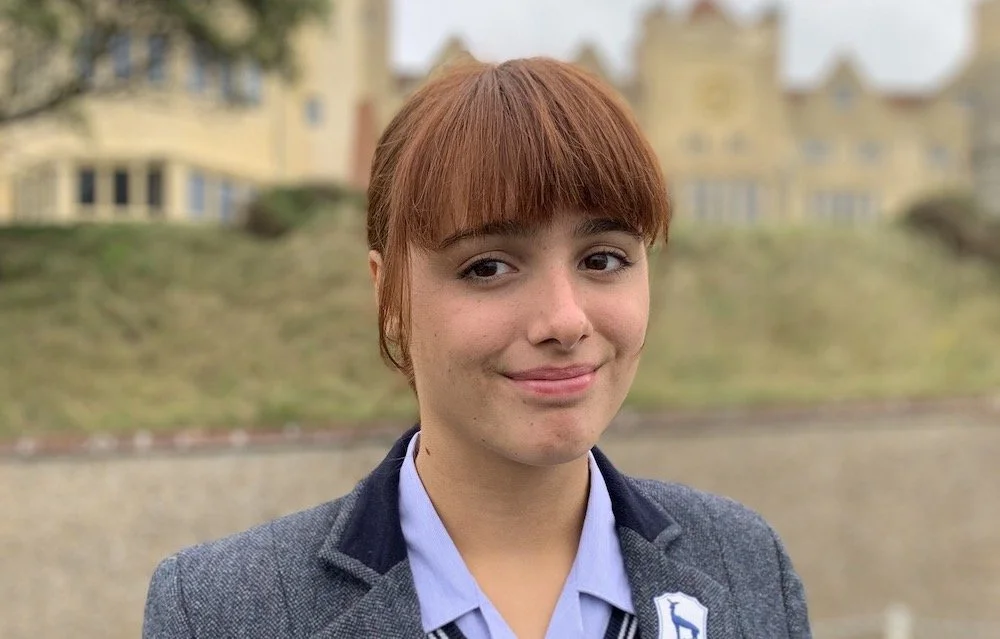


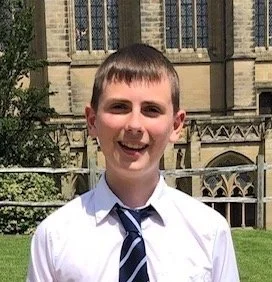








For this year’s show at Sompting Abbotts, Oliver! Jr., director Mrs Turton brought Lionel Bart’s beloved musical to life with incredible energy and talent. A huge well done to all our amazing performers, as well as the so many staff and so many parents who helped bring it all together.